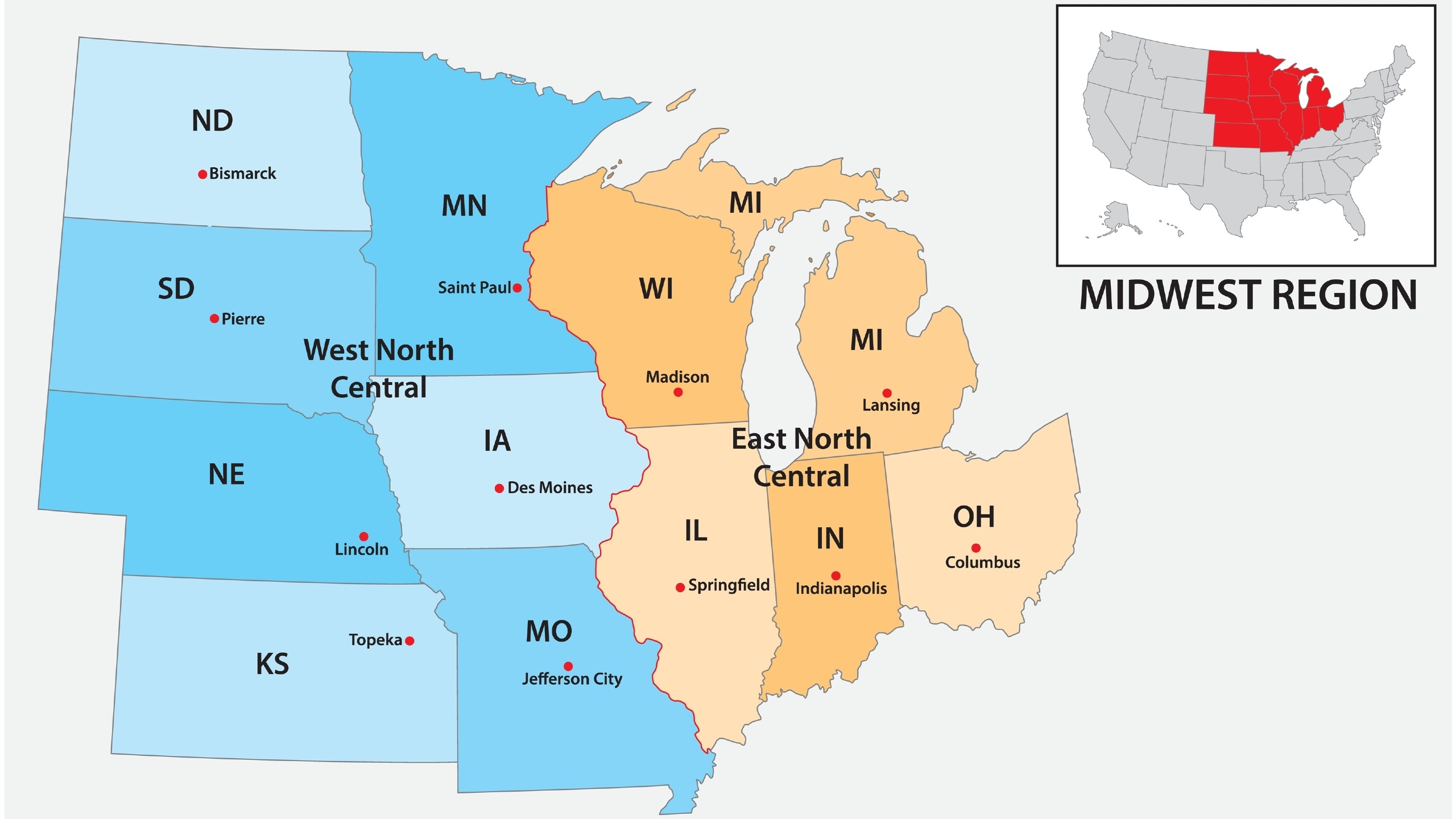What Are Dei Programs

Diversity, Equity, and Inclusion (DEI) programs are initiatives designed to promote a culture of respect, empathy, and inclusivity within organizations, communities, and societies. The primary goal of DEI programs is to create an environment where individuals from diverse backgrounds, cultures, and identities feel valued, respected, and empowered to contribute their unique perspectives and talents.
DEI programs typically address three key areas:
- Diversity: This refers to the presence of different groups or individuals with unique characteristics, experiences, and perspectives within an organization or community. Diversity can include differences in race, ethnicity, gender, age, religion, disability, sexual orientation, and socio-economic status, among others.
- Equity: Equity focuses on ensuring that everyone has equal access to opportunities, resources, and support. It involves addressing and eliminating systemic barriers, biases, and disparities that may prevent certain groups from fully participating or succeeding.
- Inclusion: Inclusion refers to the creation of an environment where all individuals feel valued, respected, and empowered to contribute. It involves fostering a sense of belonging, providing opportunities for growth and development, and promoting a culture of empathy, understanding, and acceptance.
DEI programs can take many forms, including:
- Training and workshops: Educational sessions that aim to raise awareness about DEI issues, promote empathy and understanding, and provide skills and strategies for creating an inclusive environment.
- Diversity and inclusion committees: Groups of employees or community members who work together to promote DEI initiatives, address concerns, and provide support.
- Mentorship programs: Pairing individuals from underrepresented groups with mentors who can provide guidance, support, and opportunities for growth and development.
- Recruitment and hiring practices: Strategies aimed at attracting and retaining diverse talent, such as blind hiring practices, diversity job fairs, and targeted outreach to underrepresented groups.
- Policy development and review: Regular review and update of policies and procedures to ensure they are inclusive, equitable, and free from bias.
The benefits of DEI programs are numerous and well-documented. They can lead to:
- Improved employee engagement and retention: When employees feel valued and included, they are more likely to be motivated, productive, and committed to the organization.
- Increased innovation and creativity: Diverse teams bring unique perspectives and ideas, leading to more innovative and effective solutions.
- Enhanced reputation and brand: Organizations that demonstrate a commitment to DEI are more likely to attract top talent, customers, and partners.
- Better decision-making: Inclusive teams make more informed decisions, as they consider a wider range of perspectives and experiences.
However, implementing effective DEI programs can be challenging. Some common obstacles include:
- Resistance to change: Some individuals may be uncomfortable with the idea of changing their behaviors, attitudes, or practices to accommodate diverse perspectives.
- Lack of resources: DEI initiatives may require significant investments of time, money, and personnel, which can be a challenge for organizations with limited resources.
- Inadequate measurement and evaluation: Without clear metrics and evaluation tools, it can be difficult to assess the effectiveness of DEI programs and make data-driven decisions.
To overcome these challenges, organizations should:
- Develop a clear DEI strategy: Align DEI initiatives with the organization’s mission, values, and goals.
- Provide ongoing training and support: Offer regular training and resources to help employees develop the skills and knowledge they need to create an inclusive environment.
- Foster a culture of accountability: Encourage employees to speak up when they witness bias or discriminatory behavior, and hold leaders and managers accountable for promoting DEI initiatives.
- Monitor and evaluate progress: Regularly collect and analyze data to assess the effectiveness of DEI programs and make adjustments as needed.
Implementing effective DEI programs requires a long-term commitment to creating a culture of inclusion, empathy, and respect. By providing ongoing training, support, and resources, organizations can foster an environment where diverse individuals feel valued, empowered, and motivated to contribute their unique perspectives and talents.
In conclusion, DEI programs are essential for creating a culture of respect, empathy, and inclusivity within organizations, communities, and societies. By understanding the key components of DEI, addressing common challenges, and implementing effective strategies, individuals and organizations can promote a more equitable and inclusive environment for everyone.
What are the benefits of implementing DEI programs in the workplace?
+The benefits of implementing DEI programs in the workplace include improved employee engagement and retention, increased innovation and creativity, enhanced reputation and brand, and better decision-making.
How can organizations overcome common obstacles to implementing DEI programs?
+Organizations can overcome common obstacles to implementing DEI programs by developing a clear DEI strategy, providing ongoing training and support, fostering a culture of accountability, and monitoring and evaluating progress.
What role can individuals play in promoting DEI initiatives?
+Individuals can play a significant role in promoting DEI initiatives by speaking up when they witness bias or discriminatory behavior, supporting and advocating for underrepresented groups, and engaging in ongoing learning and self-reflection to develop greater empathy and understanding.



